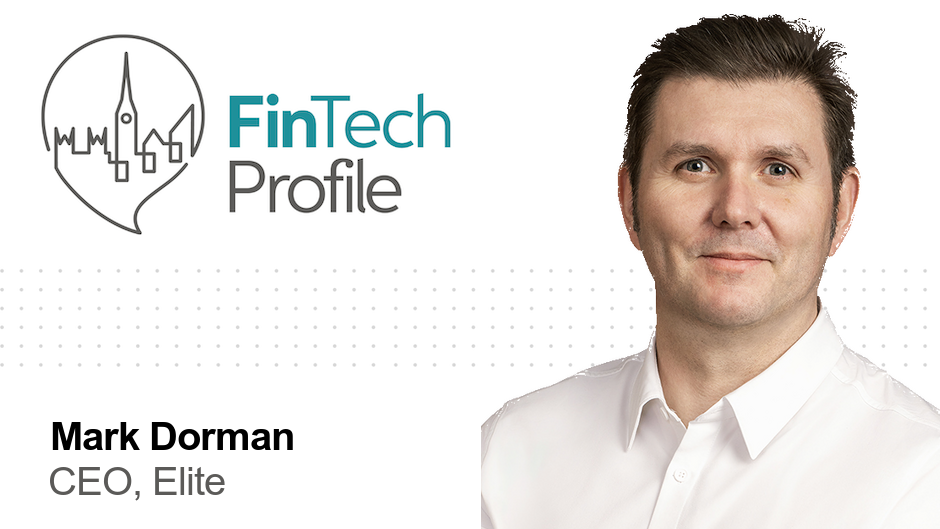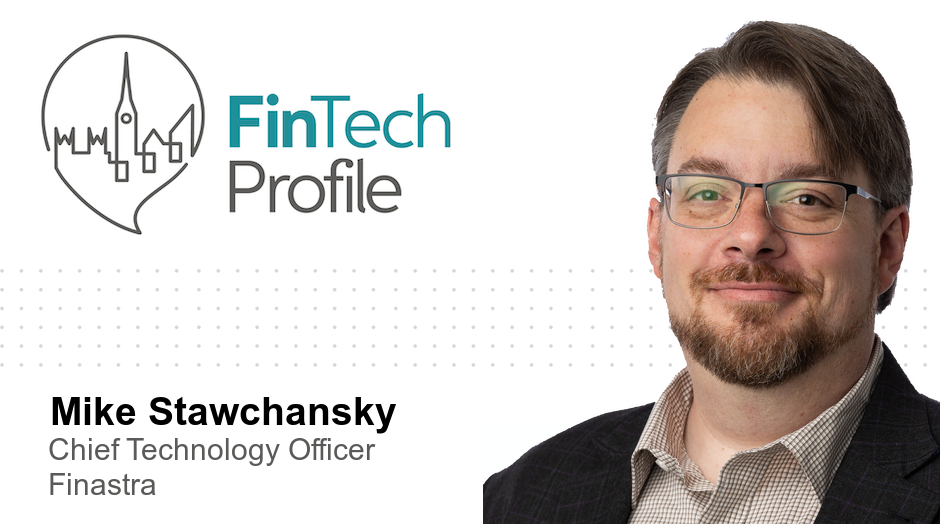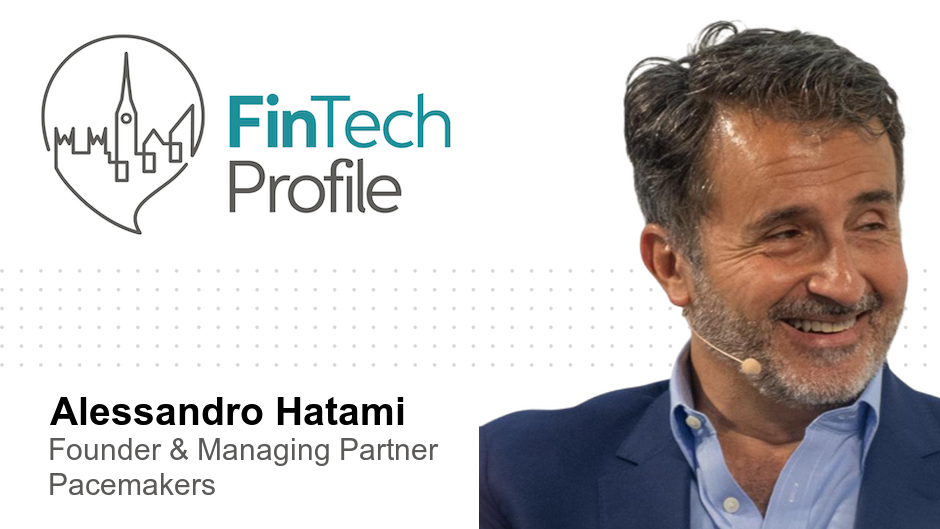Griffin Parry, CEO and Co-Founder of m3ter

Today we're meeting Griffin Parry, CEO and Co-Founder at m3ter. They specialise in m3ter isn't simply a billing platform, it's an intelligent infrastructure layer that transforms a company's existing CRM or ERP into a monetisation engine, redefining how software companies price, bill, and generate revenue.
Over to you Griffin - my questions are in bold:
Who are you and what's your background?
I'm Griff Parry, CEO and co-founder of m3ter. My entrepreneurial journey began at GameSparks, a company I co-founded and successfully grew until its acquisition by Amazon.
After the acquisition, my co-founder John Griffin and I joined AWS, where we continued to develop professionally. However, I felt there was "unfinished business" - I wanted to experience the full lifecycle of scaling a company beyond initial growth. This drive led us to launch m3ter.
Earlier in my career, I played a pivotal role at Sky in pioneering online television, writing an early internal memo proposing that viewers would embrace watching TV online - a prediction met with scepticism at the time but which proved prescient when we launched the services that would become Sky Go and Now TV. My educational background and current board positions are detailed on my LinkedIn profile.
What is your job title and what are your general responsibilities?
As the CEO and co-founder of m3ter, my leadership style is best described as "servant leadership." I focus on clarifying objectives and ensuring people are positioned to succeed.
I work to align teams around shared goals, empower individuals, and create conditions where they can thrive. I'm deeply involved in strategic decisions around scaling the company from our current stage to 100+ employees, maintaining our remote-first culture, and ensuring we stay close to customer needs while building scalable processes.
Can you give us an overview of your business?
m3ter is used by enterprises across industries and trusted by SaaS leaders like Sift, Onfido, and ClickHouse. The platform is designed to simplify pricing and grow with your business - whether that means handling massive volumes of usage data, managing complex pricing models and SKUs, or adapting quickly as your pricing strategy evolves. We identified a significant gap in how companies manage these pricing strategies, having experienced the operational challenges firsthand at AWS and GameSparks.
Our solution sits at the centre of the revenue stack, connecting to companies' usage data (production systems), customers and pricing (CRM), and billing and accounting (ERP). We've built what I call "the revenue stack for the AI era."
AI features introduce variable costs, making usage-based pricing increasingly essential. Our platform is horizontal and versatile, finding traction across verticals like IoT, telco, and health tech. We're also developing a product codenamed 'm3sh' - a purpose-built iPaaS focused specifically on the revenue stack to automate data flows powering modern pricing and billing strategies.
Tell us how you are funded?
The company launched from stealth in February 2022 having raised $17.5 million in seed funding backed by Kindred Capital, Union Square Ventures, and Insight Partners. In April 2023, m3ter completed a $14 million Series A round led by Notion Capital, with participation from returning investors Insight Partners, Union Square Ventures, and Kindred Capital.
What's the origin story? Why did you start the company? To solve what problems?
The idea for m3ter emerged from our direct experience with the painful operational challenges of deploying usage-based pricing at GameSparks and AWS. We saw companies struggling with complex, usage-based pricing models but lacking proper revenue infrastructure to support them effectively. We predicted that software companies would increasingly adopt these strategies, and the rise of AI has accelerated this shift dramatically.
We founded m3ter to solve real operational complexity - the kind of pain that signals where our platform could make a meaningful impact. It wasn't just a market opportunity; it was a problem we'd lived through.
Who are your target customers? What's your revenue model?
Our ideal customer profile is highly specific: Companies with over $100M in revenue, using Salesforce and NetSuite or SAP, with sales-led motions and usage-based pricing. If prospects don't meet these criteria, we usually don't engage.
This narrowing of focus has driven growth rather than limiting it. Our customers are primarily in the US (60%), with the remainder in the UK and Western Europe. We're expanding our US-based team, particularly in customer-facing roles, focusing on coastal regions like Silicon Valley, New York, and Boston. We've earned trust from conservative, high-stakes buyers like CFOs and CTOs, becoming critical infrastructure for their operations.
If you had a magic wand, what one thing would you change in the banking and/or FinTech sector?
Unclear pricing ownership is costing the industry millions in lost revenue and sowing confusion - from contracts to customer bills. The most transformative change would be to name a dedicated pricing leader: someone accountable for harmonising strategy across Finance, Product, Sales, and Marketing, while equipping them with the tools to implement modern, usage-based pricing models at speed.
This eliminates the "chaos tax" that comes from committee-led pricing, where monetisation is accidental, revenue leaks are undetected, and new products never reach potential. With ownership explicit and systems engineered for today's flexible models, leaders can stop leaving money on the table and start turning innovative offerings into predictable, engineered growth.
What is your message for the larger players in the Financial Services marketplace?
Stop treating monetisation and billing as back-office chores - they're the backbone of trust, scalability, and growth in modern financial services. Chronic reliance on outdated tech and muddled ownership leads to revenue slipping through every invoice and rising customer distrust; the winners will modernise billing and invest in transparent, agile monetisation now.
Even market leaders find their legacy CRM, CPQ, and ERP stacks crumbling under the pressure of usage-based contracts, add-ons, and bundled enterprise deals. For example, a fintech company with $100m ARR running AML checks could unlock over $5M in EBITDA just by modernising billing, improving customer visibility into their charges, and cutting manual efforts - proof that targeted systems upgrades, not wholesale overhauls, fuel retention, deal conversion, and enable scalable product launches.
Where do you get your Financial Services/FinTech industry news from?
When I'm proactively trying to learn I tend to rely on the FinTech sections of the Financial Times or UKTN. But a lot of my learning is via our customers as we learn about their needs and imperatives.
Can you list 3 people you rate from the FinTech and/or Financial Services sector that we should be following on LinkedIn, and why?
I think my recommendations would be more useful about monetisation and pricing best practice - that's my wheelhouse, and the learnings there are highly applicable to FinTech. Three favourites would be:
What FinTech services (and/or apps) do you personally use?
As a consumer? I'm a big fan of Currensea - means I never worry about exchange rates and cash when I'm travelling. A special shout-out to Splitwise too - great for trips with friends.
What's the best new FinTech product or service you've seen recently?
Bound, who help businesses manage foreign-exchange (FX) risk more easily. We use them at m3ter and they're a great (and nice) founder team.
Finally, let's talk predictions. What trends do you think are going to define the next few years in the FinTech sector?
As AI features introduce variable costs, usage-based pricing has shifted from optional to essential. We're entering the AI era, where sophisticated revenue infrastructure becomes critical competitive advantage. The companies building robust revenue stacks now will dominate tomorrow. Monetisation must be as strategic as product development - the winners will embed this capability into their DNA, and we want m3ter to be their foundation.
Thank you very much, Griffin!
Read more about Griffin Parry on LinkedIn and find out more about m3ter at m3ter.com.




